Natural Home Remedies For Vomiting
By Dr Smita Barode +2 more

Get,

to manage your symptom
Get your,


4 Cr+ families
benefitted

OTP sent to 9988776655



You’ve successfully subscribed to receive
doctor-approved tips on
Whatsapp

Get ready to feel your best.

Hi There,
Download the PharmEasy App now!!


Register to Avail the Offer
Send OTPBy continuing, you agree with our Privacy Policy and Terms and Conditions

Hi There,
Sign up on PharmEasy now!!
Trusted by 4 crore+ families

OTP sent to 9988776655



You have unlocked 25% off on medicines




Code: NU25
By Dr Smita Barode +2 more
Table of Contents
Vomiting (throwing up) is the forceful emission of substances from the upper digestive system and stomach through the mouth. It is a reflex of the body to remove substances that might be harmful to the body1. Vomiting occurs when the stomach muscle walls contract and push a large volume of stomach substances upward that flows back into the throat and exits via the mouth or nose.
Vomiting is very common among babies and is not a huge issue to worry about; still, it can be severe if it causes too much loss of fluids, leading to dehydration in the baby. If the baby throws up immediately after eating, it is a severe issue2.

There are several causes of vomiting categorised as acute and chronic.
A few causes of sudden vomiting are severe, but the most common cause is viral gastroenteritis (infection of the digestive tract), which mostly goes away within 2 days without any specific treatment.
The conditions that can cause acute vomiting include5:
Functional vomiting and nausea (has no clear medical cause)
Vomiting is associated with a forceful contraction of the stomach muscles. Other symptoms that you may feel along with vomiting or that are associated with vomiting include7:
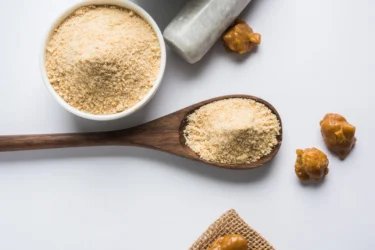
Asafoetida is helpful for digestion and can reduce the symptoms of vomiting and diarrhoea8. You can use a small amount of asafoetida powder, put it in a glass of warm water, and mix well. A small amount of asafoetida can be added to curry powder and daily foods to prevent vomiting and other digestive problems.

Cinnamon has a pleasant aroma and is considered one of the best choices for dealing with vomiting and nausea. For better results, cinnamon tea can be made2.
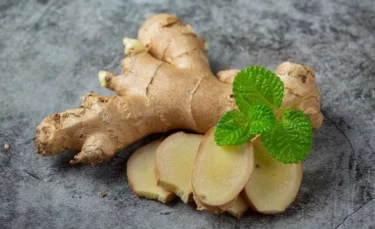
The root of ginger is used to manage a few stomach-related disorders, including vomiting. It is considered one of the most effective natural herbal remedies for vomiting2. Taking ginger tea or chewing ginger pieces can be beneficial for vomiting3.

Chamomile is widely used in various cultures to manage stomach-related conditions2. It relaxes the digestive system and manages conditions like vomiting, nausea, indigestion, flatulence (gas), motion sickness, and anorexia (loss of appetite). Chamomile tea can be used to obtain its benefits4.
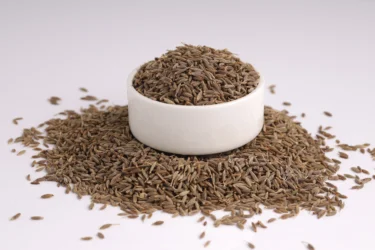
The powder and seeds of cumin are used to relieve nausea and vomiting. You can prepare cumin tea to prevent vomiting. You can take a few cumin seeds in a glass of water, let them mix, and then strain it; the solution obtained is cumin tea2.
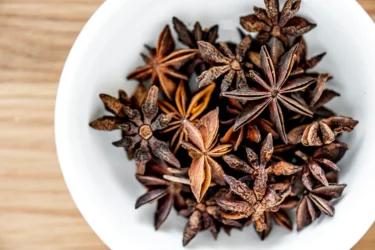
Anise tea can be helpful in dealing with nausea9. You can rub the anise seeds or pour a few anise seeds into boiling water and drink the tea.
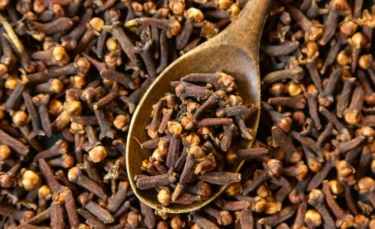
You can carry along a few clove flowers while travelling, and whenever you feel nauseous, you can eat a little clove to get rid of nausea10.
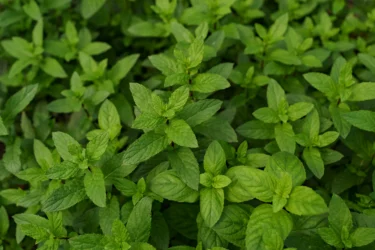
Peppermint soothes the stomach and is also one of the famous home remedies for vomiting11. It quickly reduces vomiting and nausea. You can inhale peppermint aroma for better results.

Lemon is known to manage vomiting and nausea. You can cut small pieces of lemon and keep them nearby so that their aroma can exhibit its beneficial effect2.

Banana, both raw and ripe, can be used for managing vomiting and diarrhoea. It also contains magnesium and potassium, which are required for the proper functioning of the digestive tract12.

Lavender can reduce vomiting and nausea. It also controls fat digestion in the body. You can inhale lavender oil or put it in water and immerse yourself in it2.
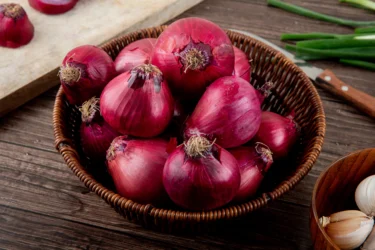
Onion is one of the best home remedies for vomiting. The juice of an onion can be used to deal with vomiting2.

After boiling rice for a long time, the liquid obtained can be concentrated. Dilute the concentrated liquid with a little water. This diluted liquid can be drunk hot or after cooling. It can surprisingly relieve vomiting or nausea2.
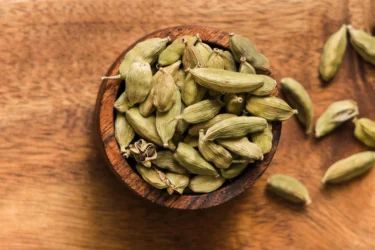
Cardamom is an aromatic seed and is known as one of the best home remedies for vomiting2. Cardamom oil can be inhaled to relieve nausea.
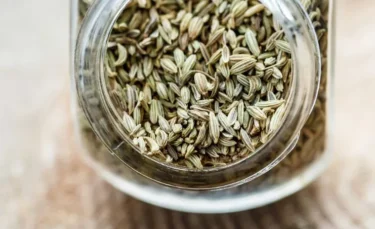
Fennel contains several bioactive compounds that help the stomach muscles and are helpful for nausea, bloating, and flatulence (gas)2. The powder of fennel can be used to get rid of vomiting6.
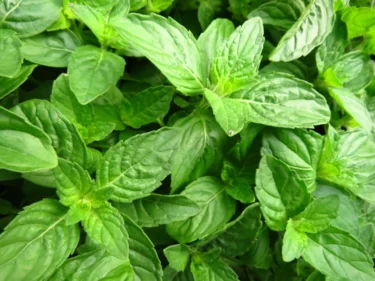
Basil has anti-spasmodic (relieves spasms of involuntary muscles) properties and is suitable for dealing with vomiting and diarrhoea2. You can drink basil tea to get rid of vomiting.
Also Read: Simple Tips You Can Follow for Heartburn Relief!
Usually, vomiting and nausea are not severe and are common. However, you should seek medical help if you have:
Also Read: Pneumonia Diet: What to Eat & Avoid During Recovery
Vomiting is the strong release of substances from the upper digestive tract and stomach through the mouth. Several home remedies like ginger, cumin, lemon, and basil can help you get rid of vomiting. Usually, vomiting and nausea are not severe and are common, but if your vomiting does not stop or causes other severe health effects, you must seek medical help.
Also Read: Natural Home Remedies For Stomach Ulcers
If you notice blood in your vomit, you should immediately seek medical help as it may indicate a serious condition.
Yes, ginger can be helpful to stop vomiting. The root of ginger is used to treat a few stomach-related disorders. Consuming ginger in the form of ginger tea or chewing ginger pieces can be beneficial for vomiting.
Yes, the fennel powder can be used to get rid of vomiting. Fennel contains several bioactive compounds that help the stomach muscles and are helpful for nausea, bloating, and flatulence (gas).
Yes, lemon is known to manage vomiting and nausea. The smell of lemon might help to stop vomiting.
Yes, the seeds and powder of cumin are well-known for managing vomiting and nausea. You can take cumin tea to prevent vomiting.
Yes, cinnamon has a pleasant aroma and is considered beneficial for dealing with vomiting and nausea. You can drink cinnamon tea to manage vomiting.
Disclaimer: The information provided here is for educational/awareness purposes only and is not intended to be a substitute for medical treatment by a healthcare professional and should not be relied upon to diagnose or treat any medical condition. The reader should consult a registered medical practitioner to determine the appropriateness of the information and before consuming any medication. PharmEasy does not provide any guarantee or warranty (express or implied) regarding the accuracy, adequacy, completeness, legality, reliability or usefulness of the information; and disclaims any liability arising thereof.
Comments

Leave your comment...
You may also like
Comments